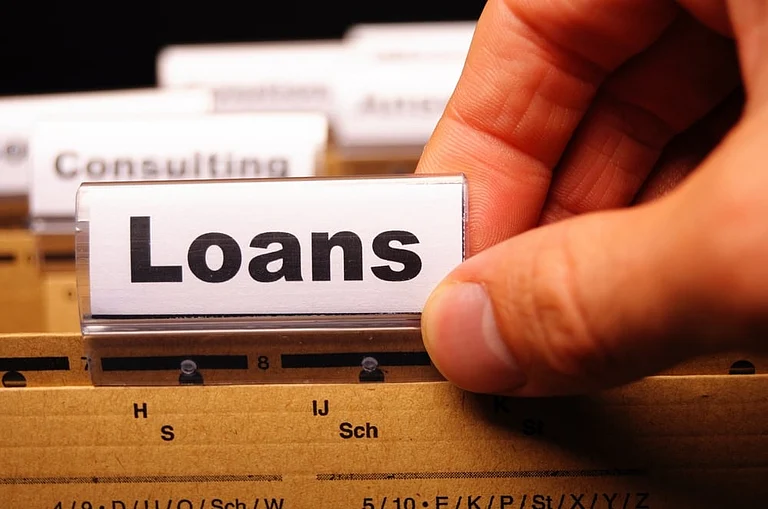By Chintan Haria, Principal- Investment Strategy, ICICI Prudential AMC
Volatility has returned to domestic and global markets in recent times. Weak macroeconomic data raising fears of a recession in the US, escalating geopolitical tensions in the Middle East, volatility in the Japanese markets following its Central Bank’s rate hike action and fluctuations in major currencies are roiling markets.
Some pockets of domestic equities have become too expensive and overheated.
As a part of asset allocation and portfolio diversification, it may be a suitable time to consider investments in gold.
As a haven store of value, hedge against inflation, and useful metal with multiple retail and industrial uses, gold can be a useful addition to an investor’s portfolio.
Taking the gold ETF (exchange-traded fund) route for gaining exposure to the precious metal may be ideal given the safety, transparency, ease of transaction, and quality assurance while investing.
Over the long term, gold is also a beneficiary of the depreciation of the rupee against the dollar. The latest tax rule in the Union Budget brings an added attraction.
Gold’s investment case
During times when the economy is booming and when key indicators are positive, there is demand for gold in the form of jewellery and even investment. When the tables turn and there is a downturn, gold becomes a safe haven. The yellow metal comes with many advantages.
Negative correlation with equities aids diversification: Gold prices and equities have negative correlation – their movements are independent of each other. Uncorrelated assets in a portfolio ensure good diversification, given their differing dynamics.
During the global financial crisis of 2008, the Nifty fell 51.3%, but gold prices (MCX) rose by a healthy 26.3%. In 2011, when equities were reeling under the Eurozone sovereign debt crisis, the Nifty fell 23.8%, even as gold rallied to the tune of 31.7%.
Amidst the volatility after Brexit in 2016, Nifty delivered just 4.4% return, while gold gave 11.4%. In the COVID year of 2020, gold prices rallied 28%, while equities rose by 16.1%. During the high inflation year of 2022, Nifty increased by a mere 6.9%, but gold prices rose 14.2%.
Thus, gold as an asset class is a healthy diversifier.
Hedge against inflation: Gold has lived up to the tag of being an asset that helps beat inflation over the years. This becomes clear from the data over the past 10 calendar years.
In 7 out of the last 10 calendar years, gold prices (MCX) have done better than the prevailing inflation rate in the economy. Not only has gold done better than inflation, but it has also been a source of robust returns in many years.
Gold remains an attractive store of value.

Beneficiary of USD-INR dynamics: When international gold is denominated in US dollar terms. It can act as a currency hedge as well. In the last 10 years, the rupee has depreciated by around 37.34% against the dollar (Source: XE). Though this does not happen in a linear fashion, the depreciation translates to a rate of 3.2% annually. This adds to gold’s returns.
Taking the ETF route
Buying gold via the ETF route is ideal for retail investors given the many advantages that this investment offers.
Gold ETF fund managers buy physical gold of 99.5% purity. Investors in gold ETFs can thus remain assured about the purity of the yellow metal. They also do not have to worry about the storage aspect as gold is held in safe vaults.
These ETFs trade in the exchanges with ample liquidity and investors can buy units with small sums – each ETF unit represents 0.01 gm of gold. Thus, the pricing is quite transparent.
A demat account is necessary for buying and selling gold ETFs. There is no STT levied on these purchases.
.jpg?w=801&auto=format%2Ccompress&fit=max&format=webp&dpr=1.0)
Taxation
Taxation is also now favourable. Long-term capital gains on holding periods of more than 12 months are taxed at 12.5%, according to the Union Budget, adding to the glitter of the investment. Earlier, all gains were added to the income and taxed at the applicable slab of the investor, irrespective of the holding period.
(Views expressed are author’s own and do not reflect the official position or policies of Outlook Media Group or its employees.










